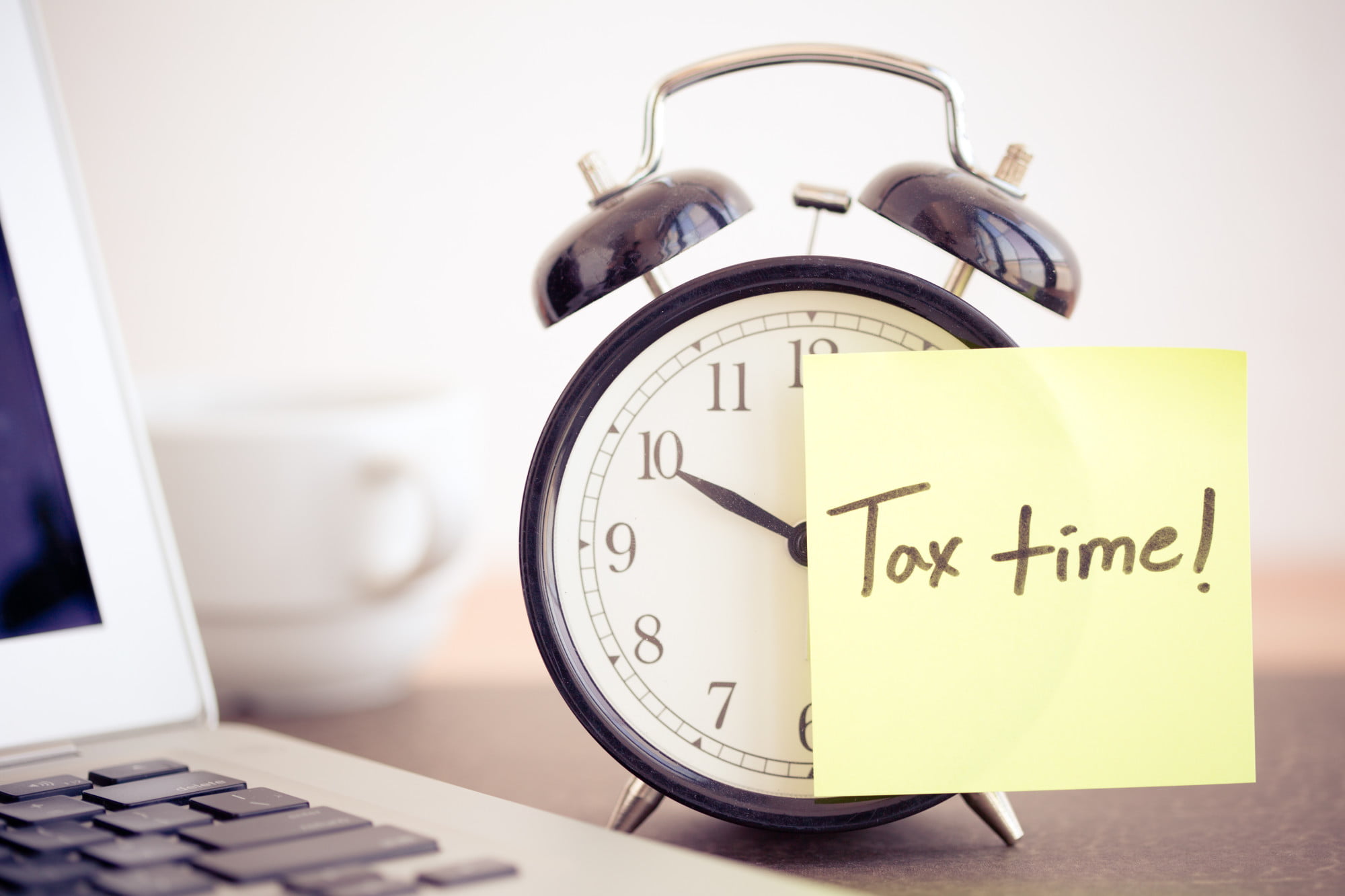According to the IRS chief, $1 trillion tax dollars go unpaid every year.
If you are a W2 employee, your taxes are withheld with each paycheck, making the amount seem much more manageable. When you are self-employed, you pay quarterly income taxes to avoid paying a hefty bill in April.
Yet, there are times in life when unexpected things happen, so it’s common to find yourself in a place where you cannot pay your taxes.
So, what happens if you can’t afford your tax bill? Keep reading to find out.
What Happens if You Can’t Afford Your Tax Bill?
If you don’t file your taxes, file late, or don’t pay your taxes, you can expect fees and interest to be charged and, in the most extreme cases, jail time.
However, you have options when it comes to each of these steps, and knowing them can help you avoid negative consequences from occurring.
When You File Your Taxes Late
When it comes time to pay taxes, and you know you don’t have the money to pay them, you may be tempted not to file your taxes. If you file your taxes late or not at all, you may have to pay failure-to-file penalties.
Instead of doing this, you can file for an extension by filling out form 4868 by the tax due date, which is generally April 15.
However, when you file for an extension, this will not extend the due date to pay your taxes. This will only prevent you from having to pay late fees on filing.
When You Pay Your Taxes Late
If you file your tax return or file for an extension but cannot pay your taxes on time, fees and interest will begin to accrue.
A failure-to-pay interest rate is the federal short term plus 3% compounded daily starting after the due date. You will also be charged a failure-to-pay penalty fee starting at 0.5% and going up to 25%.
The IRS will issue you a letter demanding payment, and eventually, if it goes unpaid, they will reach out to creditors to let them know they can seize your property to pay off your tax debt.
Jail time of up to five years may be assigned in the most severe tax evasion cases.
Ways to Pay Your Taxes
If you are looking for tax debt relief, you have options.
You can file for a payment extension for up to six months by filling out form 1127, but you must have legitimate reasons and meet specific income criteria.
You may also set up an installment agreement so you can make smaller monthly payments.
If you cannot afford your taxes and won’t be able to for some time, you may be able to have your status set to currently not collectible.
When It Comes to Paying Your Taxes, You Have Options
So what happens if you can’t afford your tax bill? Not being able to afford your taxes can be stressful, but it’s critical not to give up. Learn your options so you can avoid having to pay even more on top of the taxes you already owe.
If you are looking for more tax-related articles, browse through the sections on our website!









